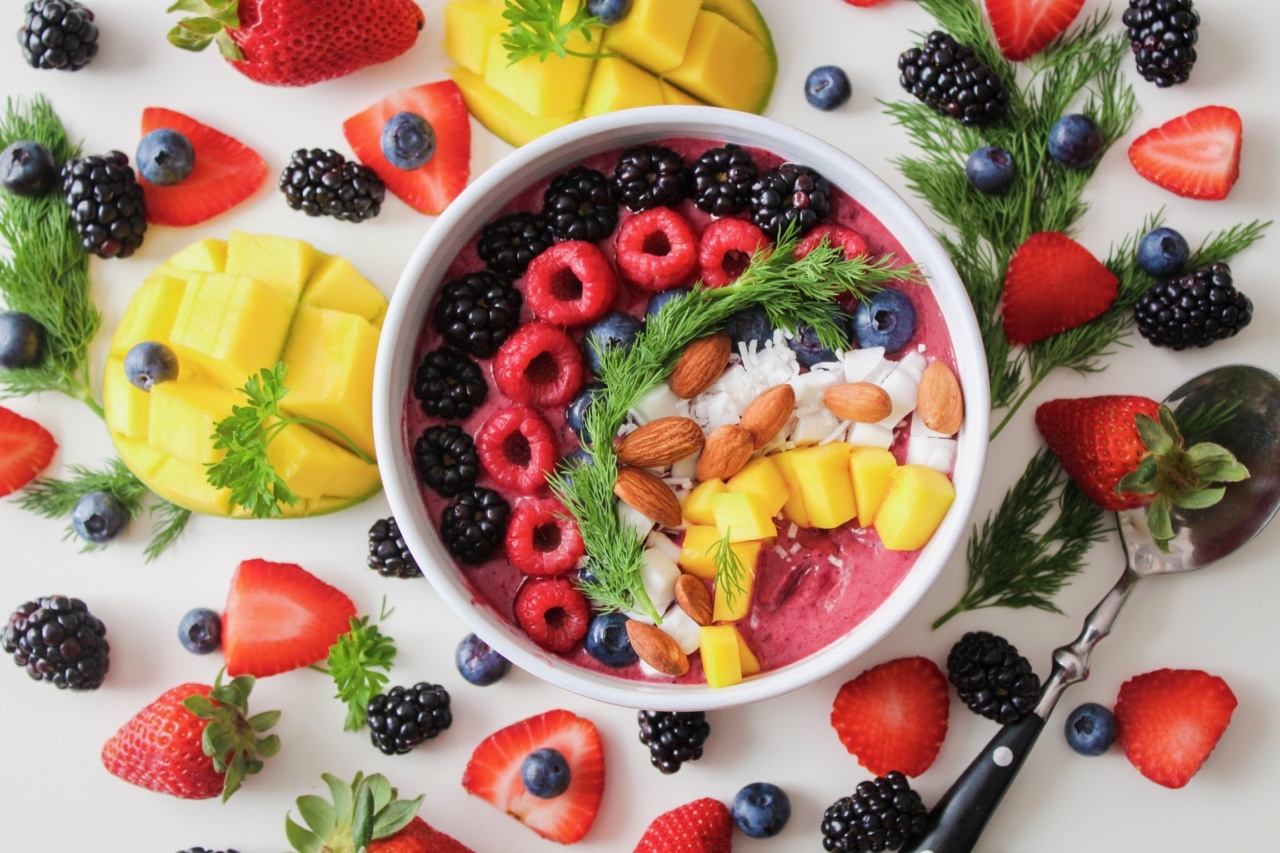Keeping your food fresh and delicious is crucial not only for your health but also for your budget. Throwing away spoiled food is a waste of money and resources.
Fortunately, there are several tips you can follow to make sure your food lasts longer and doesn’t lose its taste, flavor, or nutritional value. Here are 11 easy yet effective tips to make your food last as long as possible.
1. Store Your Food Properly
Storing your food correctly is essential to keep it fresh. When you buy fresh produce, make sure to store it in the fridge or in a cool, dark place.
You should also separate fruits and vegetables that produce ethylene gas, which can speed up the ripening process of other produce nearby. On the other hand, fruits like bananas and tomatoes can be stored at room temperature until they’re ripe, and then transferred to the fridge to keep them fresh.
For meat, fish, and poultry, keep them in the coldest part of the fridge and use them before the expiration date.
2. Use Airtight Containers
Airtight containers can help keep your food fresh for longer by preventing air and moisture from getting in. You can use plastic containers, glass jars with tight-fitting lids, or vacuum-sealed bags.
Make sure to label your containers with the contents and date to avoid confusion.
3. Freeze Your Food
Freezing your food is an excellent way to extend its shelf life. Most food items can be frozen, including meat, vegetables, fruit, and even leftovers. Before freezing, make sure to wrap your food tightly to prevent freezer burn.
Also, remember to thaw your food properly in the fridge or microwave before cooking.
4. Use Citrus
Citrus fruits like lemons or limes are natural preservatives that can help keep your fruits and vegetables fresh for longer. Rubbing a cut lemon on sliced fruit or veggies can prevent them from browning or going bad quickly.
You can also squeeze lemon juice on salads or keep a fresh lemon in your fridge to absorb odors.
5. Store Herbs Properly
Fresh herbs can be expensive, so it’s essential to keep them fresh for as long as possible. You can store herbs in a jar or vase filled with water, like flowers. Make sure to change the water daily and remove any wilted leaves.
Alternatively, you can wrap your herbs in a damp paper towel and store them in an airtight container or plastic bag in the fridge.
6. Use Vinegar
Vinegar is a natural antibacterial agent that can help keep your food fresh for longer. Adding a bit of vinegar to the water when boiling eggs can prevent them from cracking.
Spraying a mixture of vinegar and water on produce can prevent mold and bacteria growth. And soaking your berries in a mixture of vinegar, water, and salt can help preserve them for up to two weeks.
7. Don’t Wash Your Produce Too Early
It’s tempting to wash your produce as soon as you bring it home from the store, but this can actually make it go bad faster. Washing your produce too early can add moisture, which can lead to mold and bacterial growth.
Instead, wait until you’re ready to use your produce before washing it thoroughly with water and a bit of vinegar or baking soda.
8. Use the Right Temperatures
Using the right temperatures can help keep your food fresh for longer. Your fridge should be set at 40°F or below to prevent the growth of bacteria. Your freezer should be set at 0°F or below to prevent freezer burn.
And your pantry should be kept cool and dry, with temperatures below 70°F.
9. Use Plastic Wrap
Plastic wrap is an inexpensive and easy way to keep your food fresh for longer. You can use plastic wrap to cover leftovers, wrap fruits and vegetables, or cover the tops of bowls and containers.
Make sure to press the plastic wrap tightly against the food to remove any air pockets.
10. Use Salt
Salt is a natural preservative that can help keep your food fresh for longer. Adding a pinch of salt to your sliced fruit or veggies can prevent them from going bad. Rubbing salt on meat can help draw out excess moisture and keep it fresh for longer.
And salting your homemade pickles can help preserve them for months.
11. Use Your Senses
Finally, one of the best ways to tell if your food is still fresh is to use your senses. Smell your food to see if it has an off odor. Look at your food to see if it has changed color or texture.
And taste your food to see if it still has its natural flavor. If your food doesn’t pass the sensory test, it’s best to toss it instead of risking your health.
Conclusion
By following these 11 tips, you can keep your food fresh, delicious, and safe for longer.
Storing your food properly, using airtight containers, freezing your food, and using natural preservatives like citrus and vinegar, can all help extend your food’s shelf life. And by using your senses to check if your food is still fresh, you can avoid wasting money on spoiled food. With a little extra effort, you can make your food last longer and enjoy it at its best.































